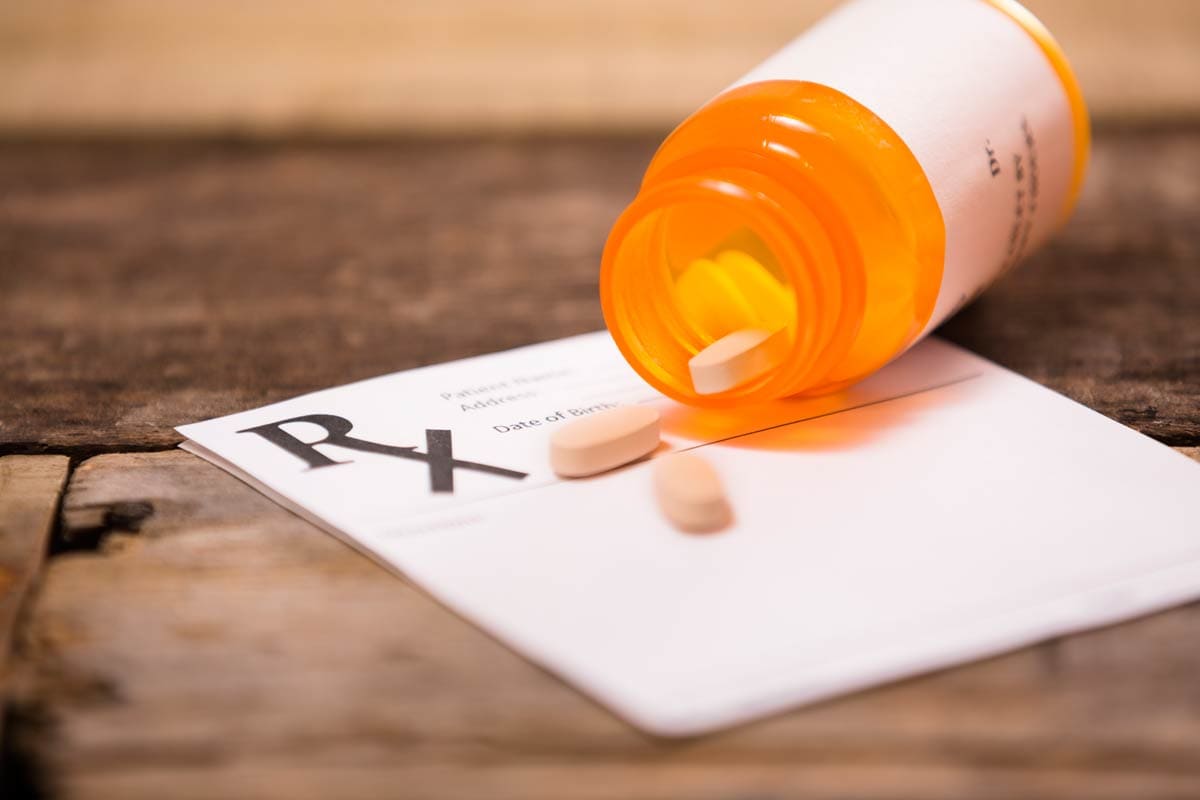What to know
Medical countermeasures (MCMs) are central to the public health response to mitigate the impact of influenza pandemics.

Vaccine and Medical Countermeasures
Safe, effective, and readily available MCMs, including vaccines, antiviral drugs, therapeutics, diagnostics, ventilators, and respiratory protection devices, are critical to HHS's goal in preventing influenza and reducing its effects on health and society during a future pandemic. An effective influenza pandemic response includes developing, manufacturing, distributing, dispensing, and administering MCMs in the shortest time possible and monitoring their impact when used during a public health emergency.
For a summary of planning priorities for pandemic influenza MCMs, please see the HHS 2017 pandemic influenza plan update: Domain 3- Medical Countermeasures: Diagnostics, Devices, Vaccines and Therapeutics.
Vaccine
Vaccination is the most effective medical countermeasure for mitigating the potentially devastating impact of an evolving influenza pandemic. This requires developing a well-matched, safe, and effective vaccine in the shortest time possible; determining the appropriate dose; and administering it promptly. If a severe influenza pandemic emerges, a well-coordinated vaccination campaign would need to be implemented immediately to reduce morbidity and mortality.
The following are a collection of federal resources designed to guide influenza pandemic planning related to influenza vaccines during a pandemic:
Federal Resources on Influenza Pandemic Vaccines Planning
Other Medical Countermeasures
Other MCMs are critically important to mitigate emerging pandemics before effective vaccines become available. These include pharmaceuticals (e.g. antiviral drugs, antibiotics), and critical materiel (personal protective equipment including respiratory protective equipment, and ventilators). Additional resources designed to guide influenza pandemic planning related to non vaccine medical countermeasures is forthcoming.
